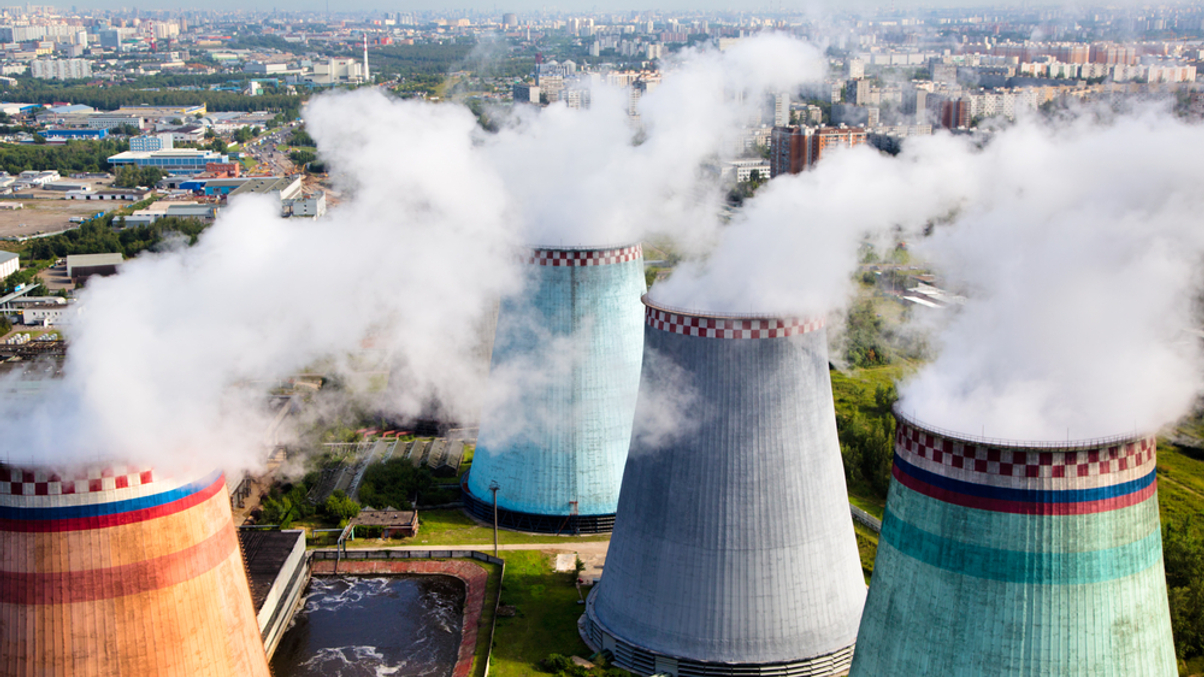Will investors warm to nuclear energy as a fossil fuel alternative?
Nuclear power generation is yet to gain global traction as a fossil fuel alternative, although new funds are appearing. The challenge now? Getting institutional asset owners to engage.

Fossil fuel alternatives have come into sharper focus since the latest COP26 announcements by 40 countries on their commitment to eliminating coal-fired power by 2040 – but nuclear power is still a big question mark for many investors.
Sign in to read on!
Registered users get 2 free articles in 30 days.
Subscribers have full unlimited access to AsianInvestor
Not signed up? New users get 2 free articles per month, plus a 7-day unlimited free trial.
¬ Haymarket Media Limited. All rights reserved.


